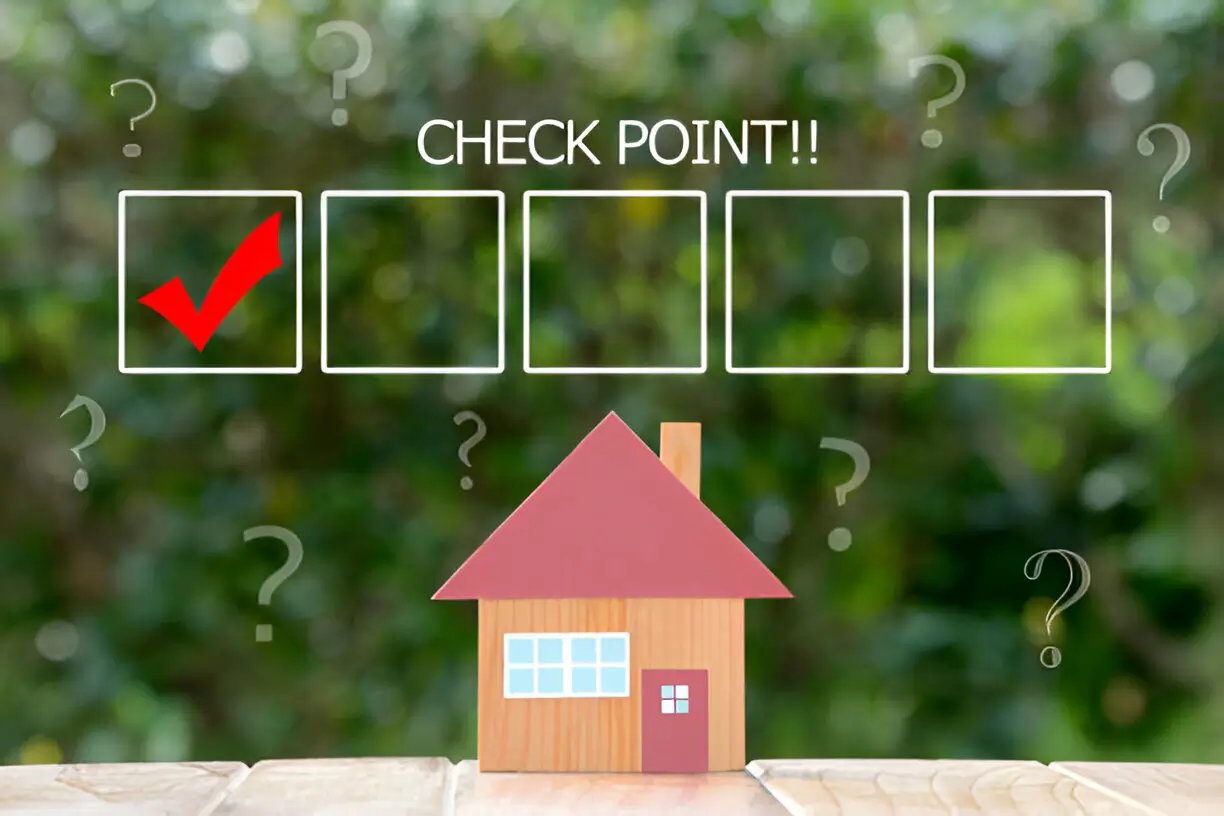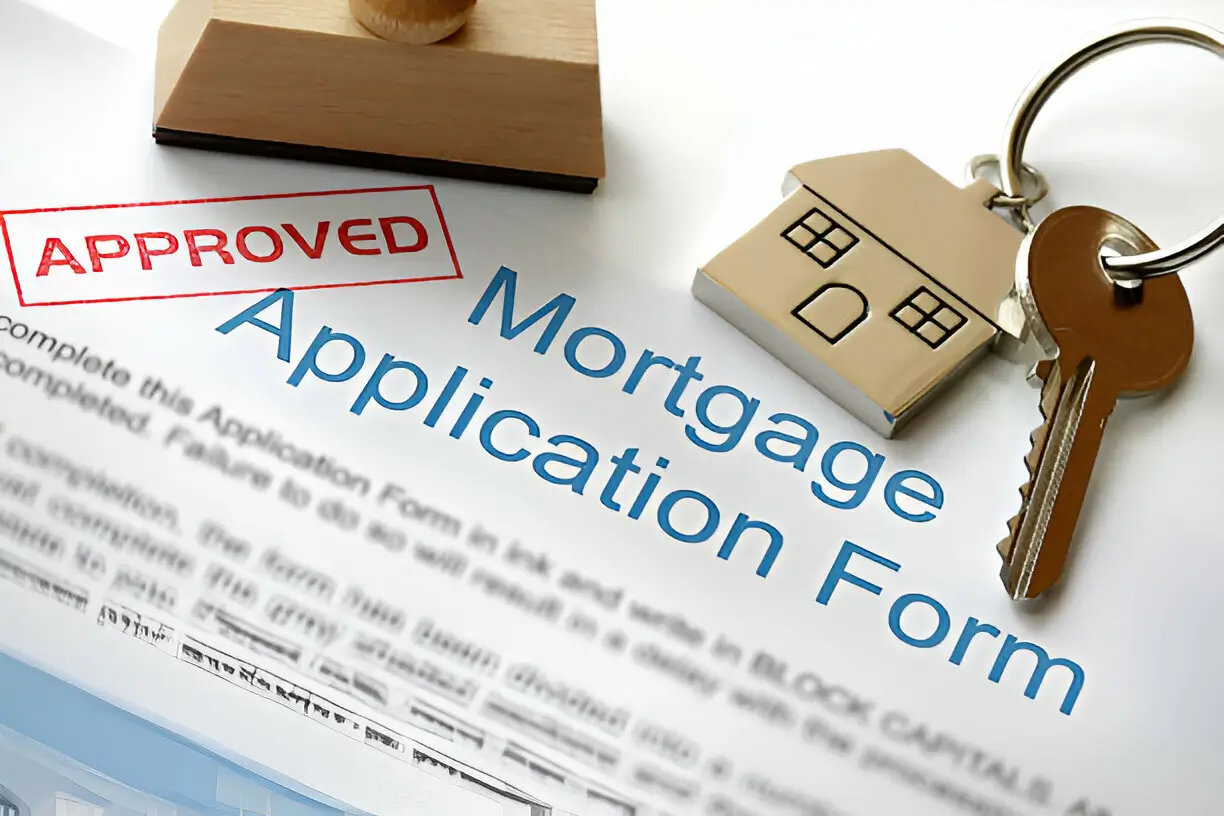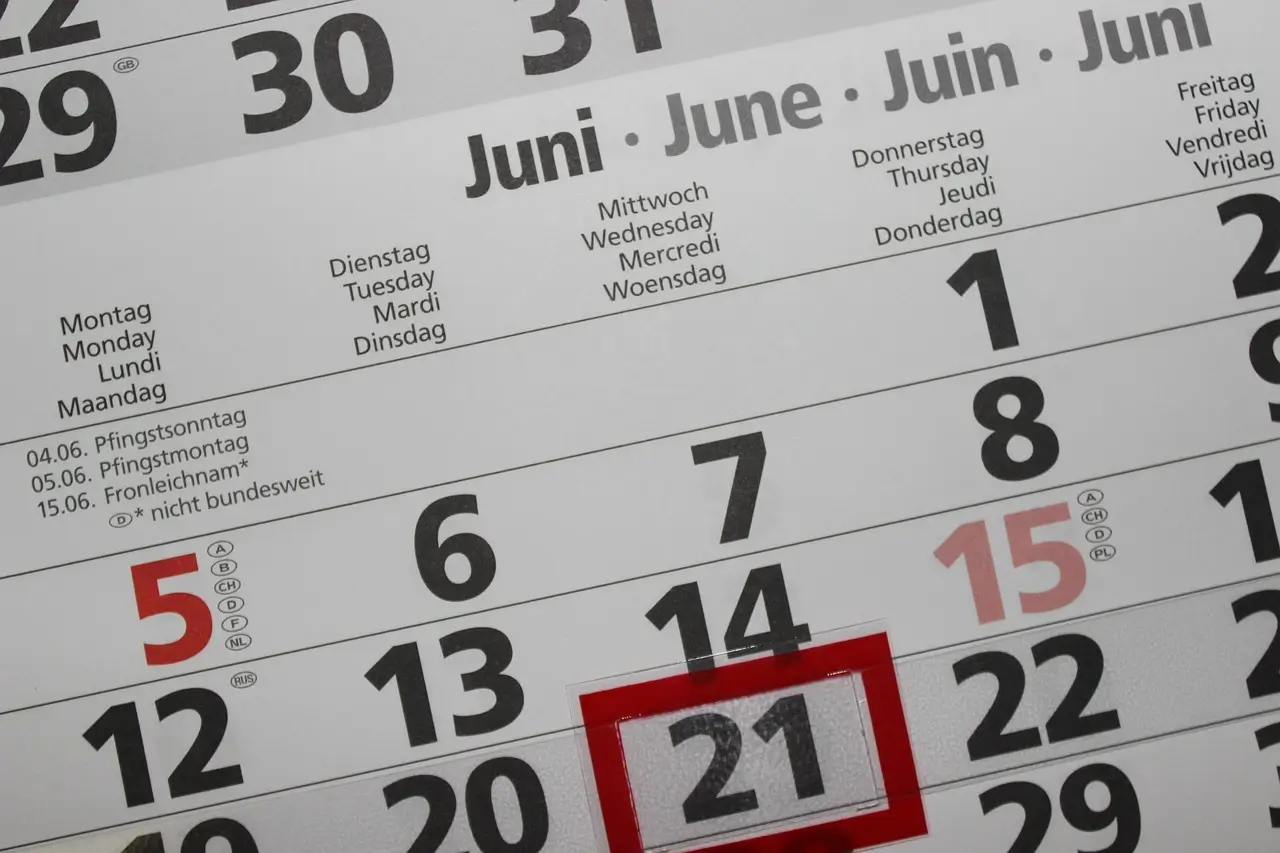Mortgage Points can be a game-changer when it comes to lowering your mortgage rate, but are they worth the upfront cost? This guide will unravel the mystery behind mortgage points, helping you decide if they’re a smart move for your finances. Curious about how to save money on your mortgage? Let’s dive in and explore whether buying points is the right strategy for you.
Understanding Mortgage Points
Mortgage points, also known as discount points, are fees you pay directly to the lender at closing in exchange for a reduced interest rate on your mortgage. One point typically costs 1% of your total loan amount and can lower your interest rate by about 0.25%. While this might seem like a small reduction, it can lead to significant savings over the life of your loan.
Types of Mortgage Points
There are two main types of mortgage points: discount points and origination points. Knowing the difference is essential to make an informed decision.
Discount Points
Discount points are prepaid interest on your loan. Paying these points can lower your monthly mortgage payments, potentially saving you thousands of dollars in interest over the term of the loan. The more points you buy, the lower your interest rate will be.
Origination Points
Origination points are fees paid to the lender for processing the loan. Unlike discount points, origination points do not reduce your interest rate. They are essentially the lender’s way of getting paid for creating the loan.
How Mortgage Points Work
Let’s break down how mortgage points work with a simple example. Suppose you’re taking out a $200,000 mortgage with a 30-year term and a 4% interest rate.
Without Mortgage Points
If you opt not to buy any points, your monthly payment for principal and interest would be approximately $955. Over 30 years, you’d pay about $343,739 in total.
With Mortgage Points
Now, if you decide to buy two discount points (costing $4,000), you might reduce your interest rate to 3.5%. Your new monthly payment would be roughly $898, and over the life of the loan, you’d pay about $323,312 in total. By paying $4,000 upfront, you save over $20,000 in interest.
Calculating the Break-Even Point
The break-even point is when your total savings from the lower interest rate equals the cost of the mortgage points. To find this, divide the cost of the points by your monthly savings.
Using our example:
- Cost of points: $4,000
- Monthly savings: $57 ($955 – $898)
- Break-even point: $4,000 / $57 ≈ 70 months (about 6 years)
If you plan to stay in your home longer than 6 years, buying points could be a smart financial move.
Pros and Cons of Buying Mortgage Points
Like any financial decision, buying mortgage points has its pros and cons.
Pros
- Lower Monthly Payments: Reduced interest rates lead to lower monthly mortgage payments.
- Long-Term Savings: Over the life of the loan, you can save thousands in interest.
- Tax Benefits: Mortgage points may be tax-deductible if you itemize deductions.
Cons
- Upfront Costs: Buying points requires a significant upfront payment.
- Longer Break-Even Period: If you sell your home or refinance before reaching the break-even point, you might not recoup the cost of the points.
- Impact on Cash Flow: Using funds to buy points could deplete savings needed for emergencies or other investments.
Real-Life Example: Mike and Lisa’s Decision
Mike and Lisa were buying their first home and faced the decision of whether to buy mortgage points. Their $300,000 mortgage came with a 30-year term at a 3.75% interest rate. They had the option to buy two points for $6,000, reducing their rate to 3.25%.
Calculation
- Monthly savings: $82 ($1,389 at 3.75% vs. $1,307 at 3.25%)
- Break-even point: $6,000 / $82 ≈ 73 months (about 6 years)
Mike and Lisa planned to stay in their home for at least 10 years, so they decided to buy the points. This choice saved them significant money over the life of their loan.
When Should You Consider Buying Mortgage Points?
Buying mortgage points can be beneficial in several scenarios:
Long-Term Stay
If you plan to stay in your home for a long time, buying points can save you a considerable amount in interest.
High-Interest Loans
When interest rates are high, buying points to lower your rate can provide substantial savings.
Sufficient Upfront Cash
If you have enough cash to cover the points without affecting your emergency fund or other financial goals, buying points can be a good investment.
Tax Deductibility
If you itemize deductions, the potential tax benefits of mortgage points can make buying them more attractive.
Alternatives to Buying Mortgage Points
If buying mortgage points doesn’t fit your financial situation, there are other ways to reduce your mortgage costs.
Make a Larger Down Payment
A larger down payment can reduce your loan amount, lowering your monthly payments and overall interest paid.
Improve Your Credit Score
A higher credit score can help you qualify for better interest rates, reducing your monthly and long-term costs.
Shop Around for Lenders
Different lenders offer different rates and terms. Shopping around can help you find the best deal without needing to buy points.
FAQs
What are mortgage points?
Mortgage points are fees paid to the lender at closing to reduce your interest rate (discount points) or cover loan origination costs (origination points).
Are mortgage points tax-deductible?
Yes, discount points are generally tax-deductible if you itemize deductions. Origination points are not deductible as interest but may be deductible as part of your mortgage costs.
How do I calculate if buying points is worth it?
To determine if buying points is worth it, calculate the break-even point by dividing the cost of the points by your monthly savings from the reduced interest rate.
Should I buy mortgage points if I plan to sell my home soon?
If you plan to sell your home or refinance before reaching the break-even point, buying points might not be a good financial decision.
Can I buy points on any type of mortgage?
Most types of mortgages allow you to buy points, but the availability and cost can vary by lender and loan type. Always check with your lender for specific options.
Do mortgage points affect my monthly payment?
Yes, buying discount points lowers your interest rate, which reduces your monthly mortgage payment.
Understanding mortgage points and whether they’re a smart investment can significantly impact your mortgage costs. By carefully considering your financial situation, long-term plans, and the potential savings, you can make an informed decision that benefits you in the long run.






